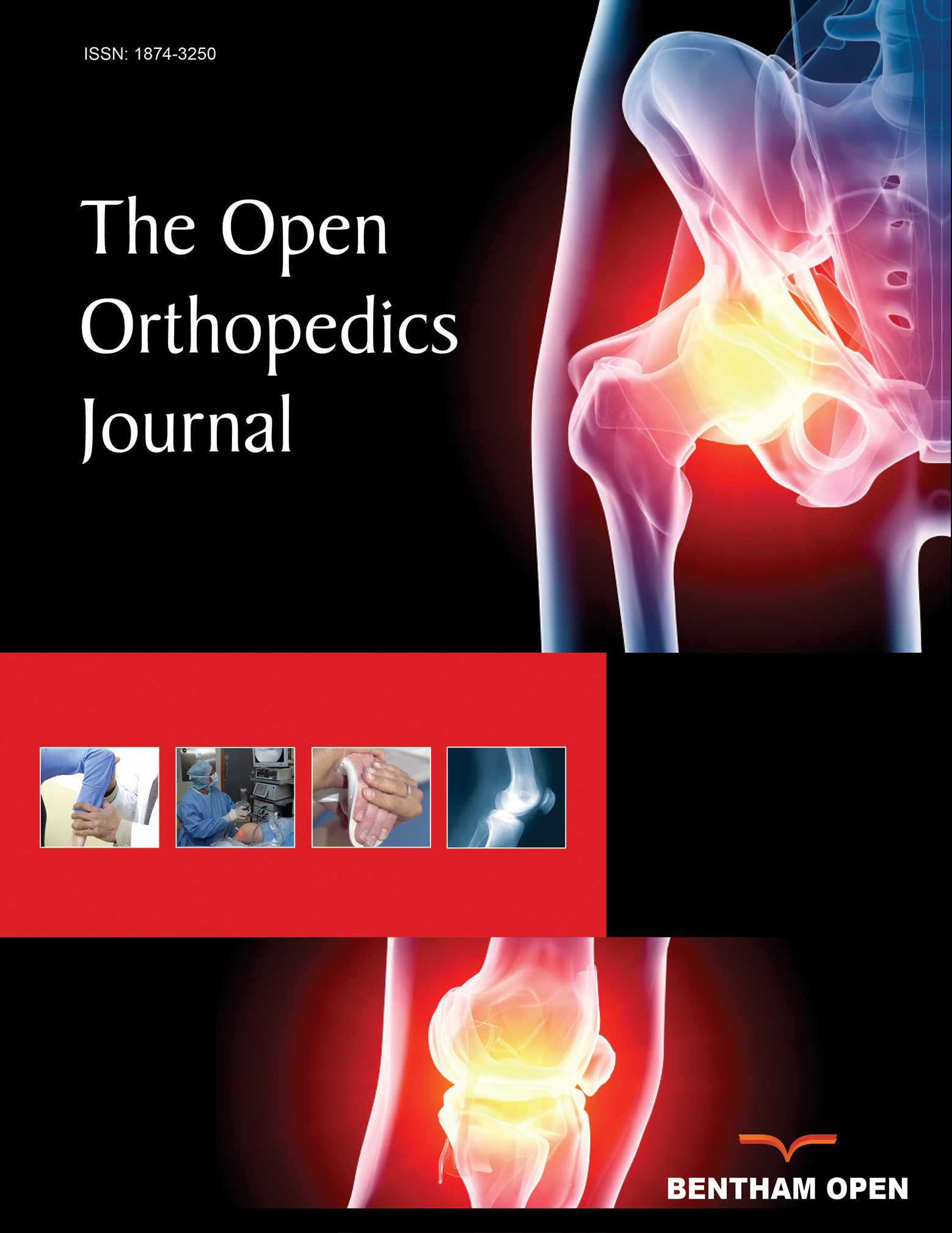All published articles of this journal are available on ScienceDirect.
Fractures and Alcohol Abuse – Patient Opinion of Alcohol Intervention
Abstract
Purpose:
To clarify patient opinions about alcohol intervention in relation to surgery before investigating the effect in a Scandinavian multi-centre randomized trial.
Material and Methods:
A qualitative study. Thirteen consecutive alcohol patients with fractures participated after informed consent. They were interviewed during their hospital stay. The number of participants was based on the criteria of data-saturation. The analysis followed the applied qualitative framework model aimed at evaluation of specific participant needs within a larger overall project.
Results:
All patients regarded alcohol intervention in relation to surgery as a good idea. They did not consider quit drinking as a major problem during their hospital stay and had all remained abstinent in this period. About half of the patients were ready or partly ready to participate in an alcohol intervention. Patient opinions and their readiness to participate were expressed in four groups, which also reflected their readiness to stop drinking in the perioperative period, their general acceptance of supportive disulfiram as part of an alcohol intervention as well as their awareness of postoperative complications.
Conclusion:
This study clarified that the patients found alcohol intervention relevant in relation to surgery.


